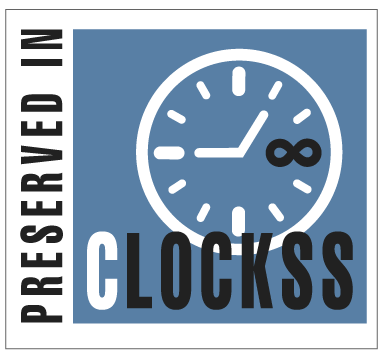Abstract
In this study, nano textile fibers were prepared from poly vinyl alcohol (PVA) and multi wall carbon nano tubes (MWCNTs) via electro spinning method. Different proportions of the multi wall carbon nano tubes were used, including 2, 4, and 6 % weight percent. The optical, electrical, and thermal properties were studied. Scanning electron microscopy was used to study the morphology of samples. Fourier-transform infrared spectroscopy (FTIR) analysis was used to study the bonds of the prepared samples. Differential scanning calorimetry (DSC) was used to investigate the thermal properties including the glass transition temperature and melting the point. Ultraviolet spectroscopy was used to study the optical properties. The results showed that the addition of carbon nano tubes in small proportions of 6% wt leads to an improvement in the thermal properties represented by increasing the glass transition temperature value from 85.17°C of poly vinyl alcohol to reach 107°C with a strengthening percentage of 6 weight percent. The electrical conductivity improves with the addition of 6 weight percent multi wall carbon nanotubes from 14.28 Ω-1 cm-1 to 20 Ω-1. cm-1. The results of the UV spectrum indicate that the inclusion of multi wall carbon nano tubes control the energy band gap. Absorbance and coefficient of absorbance also increase with increasing the carbon nano tubes contents. The best sample had a band energy gap of roughly 1.75 eV which consisted of poly vinyl alcohol with 6 weight percent of multi wall carbon nano tubes.
Keywords
CNTs, Nano composites, PVA, Thin films, UV-spectrum
Subject Area
Physics
Article Type
Article
First Page
955
Last Page
965
Creative Commons License

This work is licensed under a Creative Commons Attribution 4.0 International License.
How to Cite this Article
Mohamed, Rusul; Adnan, Nardeen; Jawad, Hanaa; Mohammed, Balqees; and Mahdi, Rana
(2025)
"Improvement of the physical properties of poly vinyl alcohol nanofibers by adding carbon nanotubes,"
Baghdad Science Journal: Vol. 22:
Iss.
3, Article 21.
DOI: https://doi.org/10.21123/bsj.2024.10653








